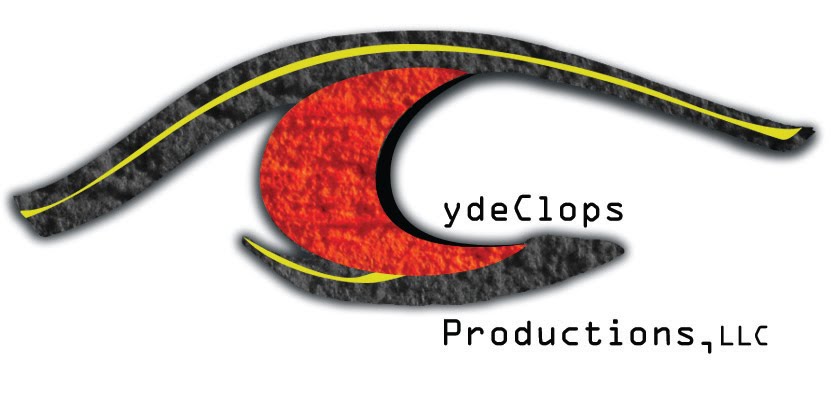Marketing a negative can be a real positive for music artists. An example is how the negative trend of album leaks can be used to hype up a musician’s upcoming release. One such brave, and smart, artist is Lil’ Wayne. His album "Tha Carter III" became 2008's best-seller despite the fact that most of its songs were available and downloaded countless times before official release. According to an Advertising Age article, this was “a rare hip-hop crossover success story, he scored major mainstream, if surreal, PR coups in the form of a CBS interview with Katie Couric and an appearance on ABC's "The View." He even provided his voice to the narration of Gatorade's massive branding campaign around the Super Bowl.
Last year was Lil Wayne's year thanks to the massive success of the "Tha Carter III". In marketing terms, it was notable for the fact that most of its tracks were distributed on mixtapes that delayed the initial planned release. But rather than hurt album sales, the internet leaks acted as the best marketing the album could have had, helping it become the first album to sell a million copies in the first week of release since 2005, when 50 Cent's "The Massacre" did it. It was an example of how to build and maintain a community by giving it what it wants: in this case - more and more music. The business followed.
"He stayed connected and nurtured his audience," Sylvia Rhone, president of Universal Motown Records, told The New York Times. "He was always working. And I think the rabid following he's cultivated is reflected in those sales numbers."
That type of buzz and the decision not to try to control the content was without a doubt the biggest lesson of Lil Wayne's marketing team. But also backing the release were TV ads from Universal Motown and online partnerships with MySpace, Yahoo and AOL and a promotion on Apple's iTunes. His cultural ubiquity continued with his blogging and Super Bowl-party reportage for ESPN.
As he's gotten bigger, Lil Wayne has pulled no punches, talking frankly with Ms. Couric about his marijuana use and penchant for drinking cough-syrup-laced cocktails of the sort that have been linked with deaths. That consistency has helped form a virtual critical consensus that's taken him from the favorite of hard-core hip-hop aficionados to the mainstream press to indie-rock snobs.
Mix Tape King
"Weezy [became] the biggest brand in hip-hop by spitting fire on countless free internet mixtapes," said Gabe McDonough, senior producer of music and integration at DDB. "By always saying exactly what he wanted to say, with no apologies, Lil Wayne has simultaneously become the voice of hip hop in the streets and for the Pitchfork Media cognoscenti."
Not surprisingly given the subject matter that typically surrounds Lil Wayne, the jury is still out on whether Weezy can do for brands what other top rappers have done. Beyond the recent Gatorade spots, he's been most associated with endorsing little-known brands such as Strapped condoms and Milestone Brands' Halo Champagne, which, though yet to be launched, made an appearance in Lil Wayne's video for his hit "Lollipop."
The lesson learned overall is that when you cannot control the inevitable – why not take advantage of it and worry about what you can control!! As an artist looking to get exposure - no one controls your creativity, your choices/decisions, and your ability to take action.
Subscribe to:
Post Comments (Atom)



No comments:
Post a Comment